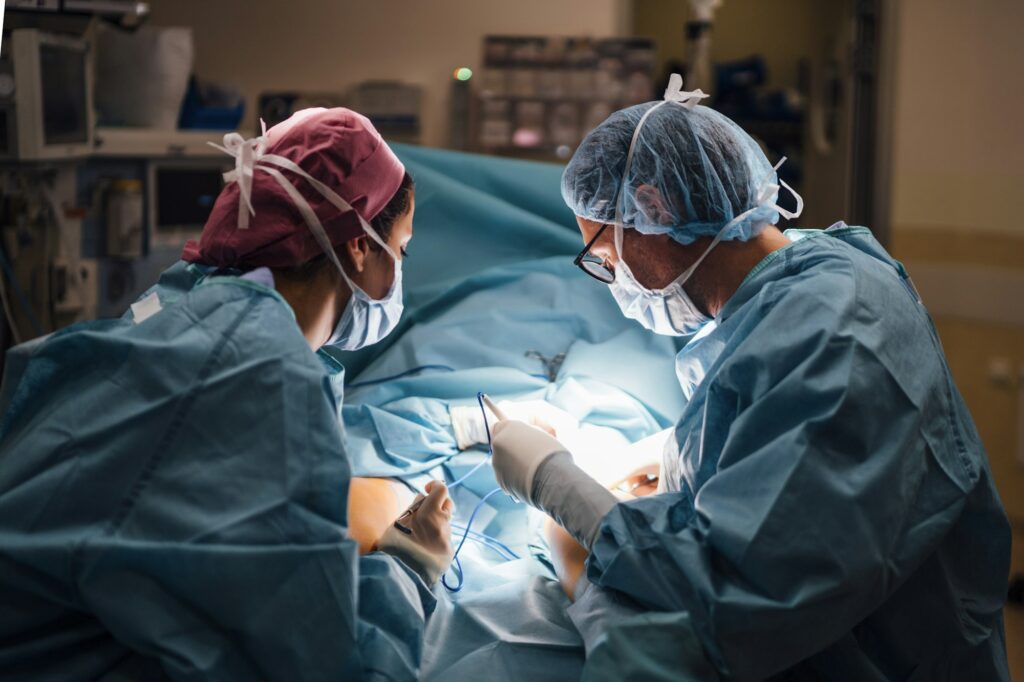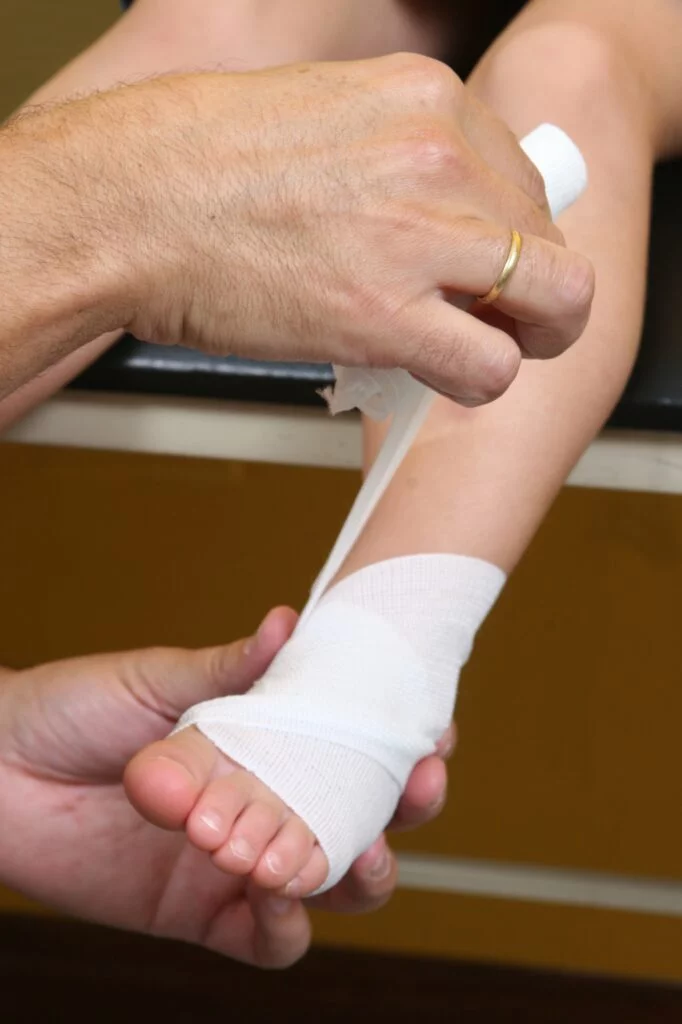Table of Contents
Foot and Ankle Surgery in the Salt Lake City area of Utah
Foot and Ankle Surgery FAQs
What are types of foot and ankle surgery?
When conservative treatments fail to yield the desired results, or in the case of severe foot or ankle damage, surgery can offer the best chance for mobility and function. There are many different surgical procedures available, each of which targets a specific set of needs.
Ankle replacement surgery focuses on removing diseased or damaged joint components and replacing them with synthetic alternatives. These procedures can restore normal ankle function and allow you to walk and move without pain.
Surgical tendon and ligament repair can improve the stability of foot or ankle joints. These tough connective tissues lack the same blood flow as other tissue types and are not always able to heal without surgical intervention.
Foot and ankle fractures and dislocations often require surgery to fuse bones or add metal plates or screws to strengthen the foot or ankle. These procedures can be incredibly complex and require advanced skills and training.
What is arthroscopic surgery?
Arthroscopic surgery is a surgical approach that uses small incisions and very slim surgical tools to alter the bones and soft tissues within your foot or ankle.
Advancements in surgical technology have made arthroscopy a great alternative to open surgical procedures, which were the only option in decades past.
Arthroscopic procedures offer the following benefits:
- Less tissue displacement
- Smaller incisions
- Reduced risk of blood loss
- Swifter recovery time
- Less scarring
- Less time spent under anesthesia
While not all procedures can be performed using arthroscopic techniques, this is the preferred approach when possible.
How can I enhance my recovery process after foot and ankle surgery?
If you need foot or ankle surgery, a degree of preparation can greatly enhance your recovery process. The most important thing you can do to support recovery is to follow all post-surgical instructions provided by your care team.
If you’ll need to stay off your feet for a period of time after your procedure, take steps to secure the help of friends or loved ones. This ensures you aren’t tempted to place weight on your surgical site or push too hard in the days after your procedure.
If you’re a smoker, finding a way to quit the habit can greatly enhance your recovery process. Smoking robs your body of normal circulation, which is a critical part of healing. Quitting for good will enhance your recovery and your overall health and wellness.


